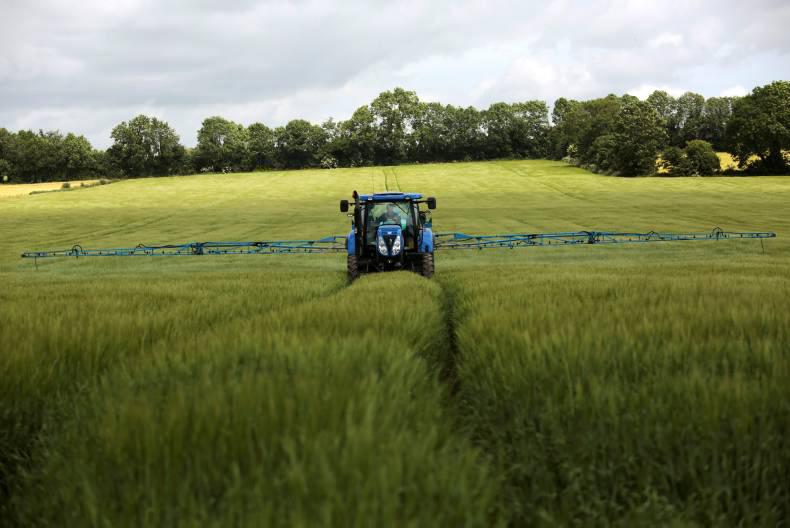The European Commission’s Standing Committee on Plants, Animals, Food and Feed (PFAFF) is scheduled to meet this Wednesday and Thursday, with the renewal of the authorisation to sell glyphosate on its agenda. The current licence expires at the end of June.
Contradictory scientific information at EU and global level on possible links between glyphosate and cancer has linked to controversy between various institutions, although the PFAFF committee is ultimately responsible for deciding on its renewal.
Last month, the European Parliament voted a non-binding resolution calling on the European Commission to relicense glyphosate for seven years instead of 15 as originally planned, for restricted professional use only.
A revised Commission proposal for a 10-year authorisation was later leaked to French media, followed by a Bloomberg News report last week that the plan was now for nine years.
This has not mollified the French government, which has vowed to block the relicensing of glyphosate in accordance with its public opinion. Asked about the upcoming vote in the Senate last Thursday, Agriculture Minister Stéphane Le Foll said: “France’s position on glyphosate is clear: as it stands, it is out of the question to renew authorisation for its use – at the European level.”
While a majority can overrule a small number of member states in renewing authorisations for chemicals, the European Commission is understood to prefer the traditional consensus route on such sensitive issues and has already postponed a previous vote because of disagreements on glyphosate.
Read more
Full coverage: glyphosate
The European Commission’s Standing Committee on Plants, Animals, Food and Feed (PFAFF) is scheduled to meet this Wednesday and Thursday, with the renewal of the authorisation to sell glyphosate on its agenda. The current licence expires at the end of June.
Contradictory scientific information at EU and global level on possible links between glyphosate and cancer has linked to controversy between various institutions, although the PFAFF committee is ultimately responsible for deciding on its renewal.
Last month, the European Parliament voted a non-binding resolution calling on the European Commission to relicense glyphosate for seven years instead of 15 as originally planned, for restricted professional use only.
A revised Commission proposal for a 10-year authorisation was later leaked to French media, followed by a Bloomberg News report last week that the plan was now for nine years.
This has not mollified the French government, which has vowed to block the relicensing of glyphosate in accordance with its public opinion. Asked about the upcoming vote in the Senate last Thursday, Agriculture Minister Stéphane Le Foll said: “France’s position on glyphosate is clear: as it stands, it is out of the question to renew authorisation for its use – at the European level.”
While a majority can overrule a small number of member states in renewing authorisations for chemicals, the European Commission is understood to prefer the traditional consensus route on such sensitive issues and has already postponed a previous vote because of disagreements on glyphosate.
Read more
Full coverage: glyphosate






 This is a subscriber-only article
This is a subscriber-only article









SHARING OPTIONS: